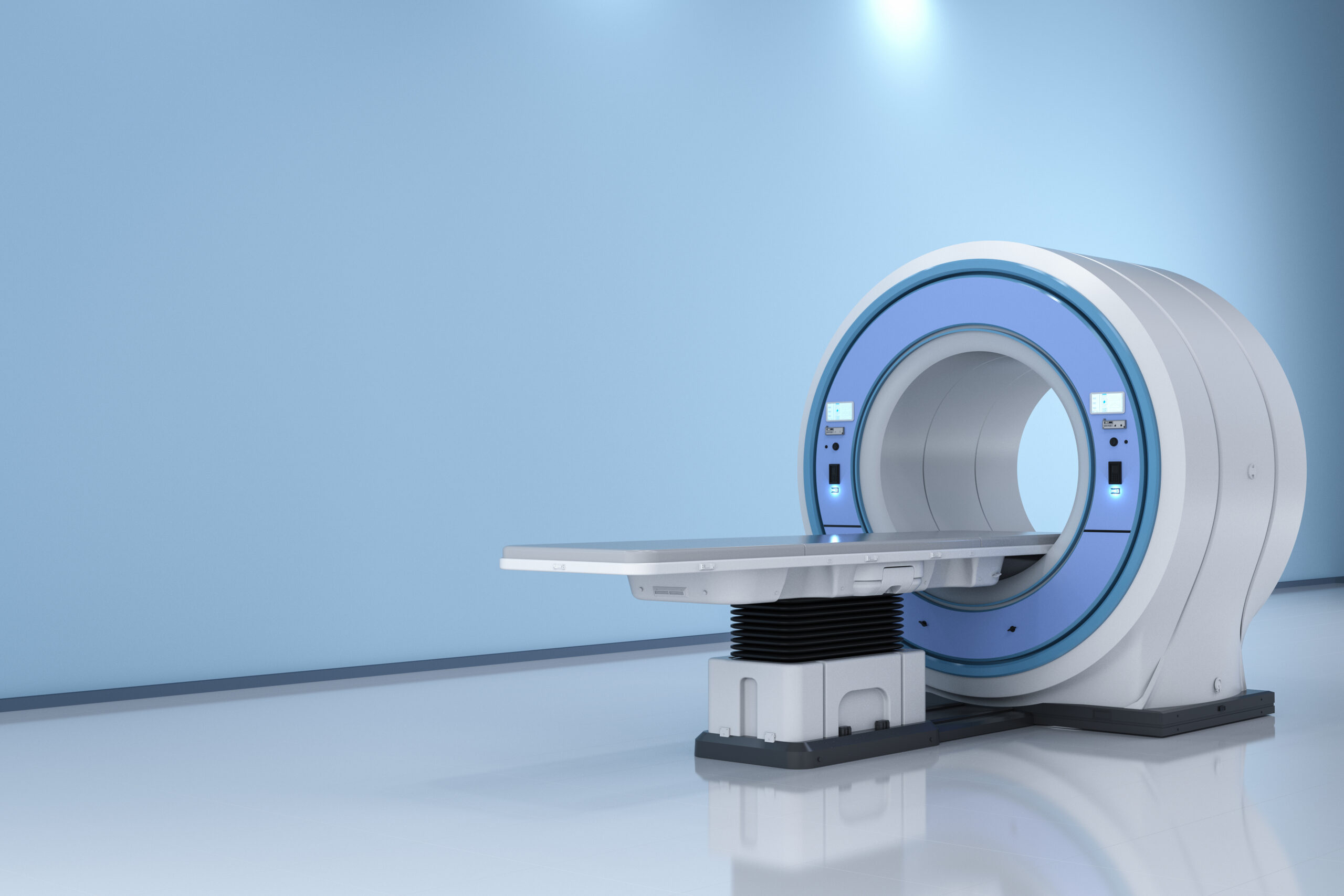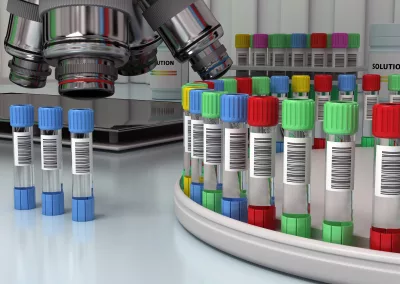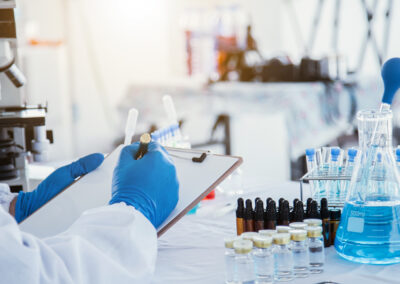All right, you have just gotten all of your paperwork together, submitted the right forms to the right people, set up your factory, hired and trained your staff; now it’s time to make the medical devices. The regulatory nonsense is over and done, right?
Wrong. Now, you have to demonstrate that you’re doing it right, and make sure that you’re able to correct things when you accidentally do things wrong. You can’t just set it and forget it; what if a batch of your company’s tongue depressors accidentally get laced with influenza?
Process validation is the process of confirming with objective evidence that a process consistently produces a result or product that meets its predetermined specifications[1]. In lay-person’s terms, one must demonstrate with hard, scientific data that your manufacturing process is regularly doing what is asked of it. If your machine is sterilizing bandages, you must be able to demonstrate that the sterilization process is achieving the intended results.
In many cases, like the above sterilization of bandages example, one cannot test every unit that comes off the line; the process would take too long, and the testing would make all the bandages un-sterile. When the only quantitative tests available are destructive, one must find a statistically valid sample and test just the sample. How large of a sample to take is a question that requires some serious statistical analysis.
Even when you test the product, you have to make sure that your employees are properly qualified for the specific tasks at hand; if a component needs to be brazed together by hand, then the brazer will need to demonstrate their competence to the company, and to regulators.
If you are manufacturing any device that people trust when they are sick or injured, you need to continually ensure that you are doing everything you can to earn your customer’s trust day in and day out. The experts at EMMA International can help you maintain a sound process validation system. Call us today at (248) 987-4497, or e-mail us at info@emmainternational.com.
[1] 21 CFR 820.3(z)(1)





